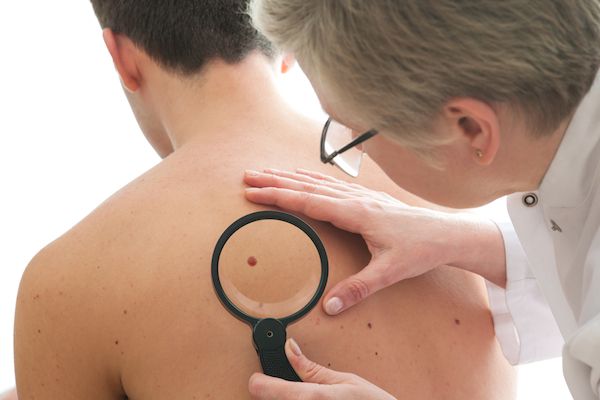

The number of cancer diagnoses in Jersey could increase by 44% over the next 20 years - with men most at risk.
Overall cases of the disease are set to soar by 44%, with newly diagnosed cases rising from 680 in 2017 to 980 by 2037 - but those found more commonly in men, like lung and prostate cancer, thought to be increasing at a higher rate.
The figures have been released by Statistics Jersey; who have combined the most recent cancer data with the population forecast that headcount will swell from 105,300 in 2017 to 131,300 by 2037, if the current growth trend continues.
Non-melanoma skin cancer cases, which are also more likely in men, were not included in the ‘all cancer’ analysis, as it was believed that this "more common" cancer in Jersey would dominate the figures, and distort them, as it has a lower mortality rate than the other types.
Instead, it was looked at individually, which showed that new cases of this cancer could grow 52% from almost 1,300 new diagnoses over the three years from 2015 to 2017, to nearly 2,000 new cases in the three years from 2035 to 2037.
 Pictured: Predicted rises in newly diagnosed cancer cases by 2037 (Statistics Jersey)
Pictured: Predicted rises in newly diagnosed cancer cases by 2037 (Statistics Jersey)
Over the next 20 years, islanders can expect lung cancer to increase by 55% and prostate cancer to rise by 54%; both of which are more common in men. Colorectal cancer - which is detected more evenly across both males and females - could go up by 50%, with breast cancer cases expecting to grow more slowly by 29%.
The projected increases have not been blamed on better medical research or changes to islanders habits - Statistics Jersey have purely put it down to an ageing population as they carried out two different studies; one which included migration and the other not including migration. The results showed no difference in the number of new cancer cases being diagnosed in 2037, as the risk of disease increases significantly from the age of 60.
It's expected that one in five people in Jersey will be aged 65 or over by 2037, suggesting that more than 22% of population will be within the age bracket where cancer is a greater risk.
Comments
Comments on this story express the views of the commentator only, not Bailiwick Publishing. We are unable to guarantee the accuracy of any of those comments.